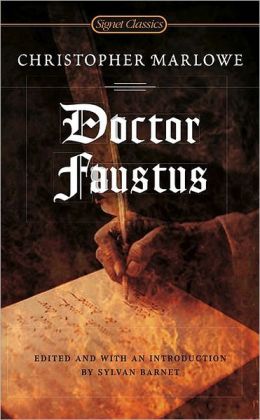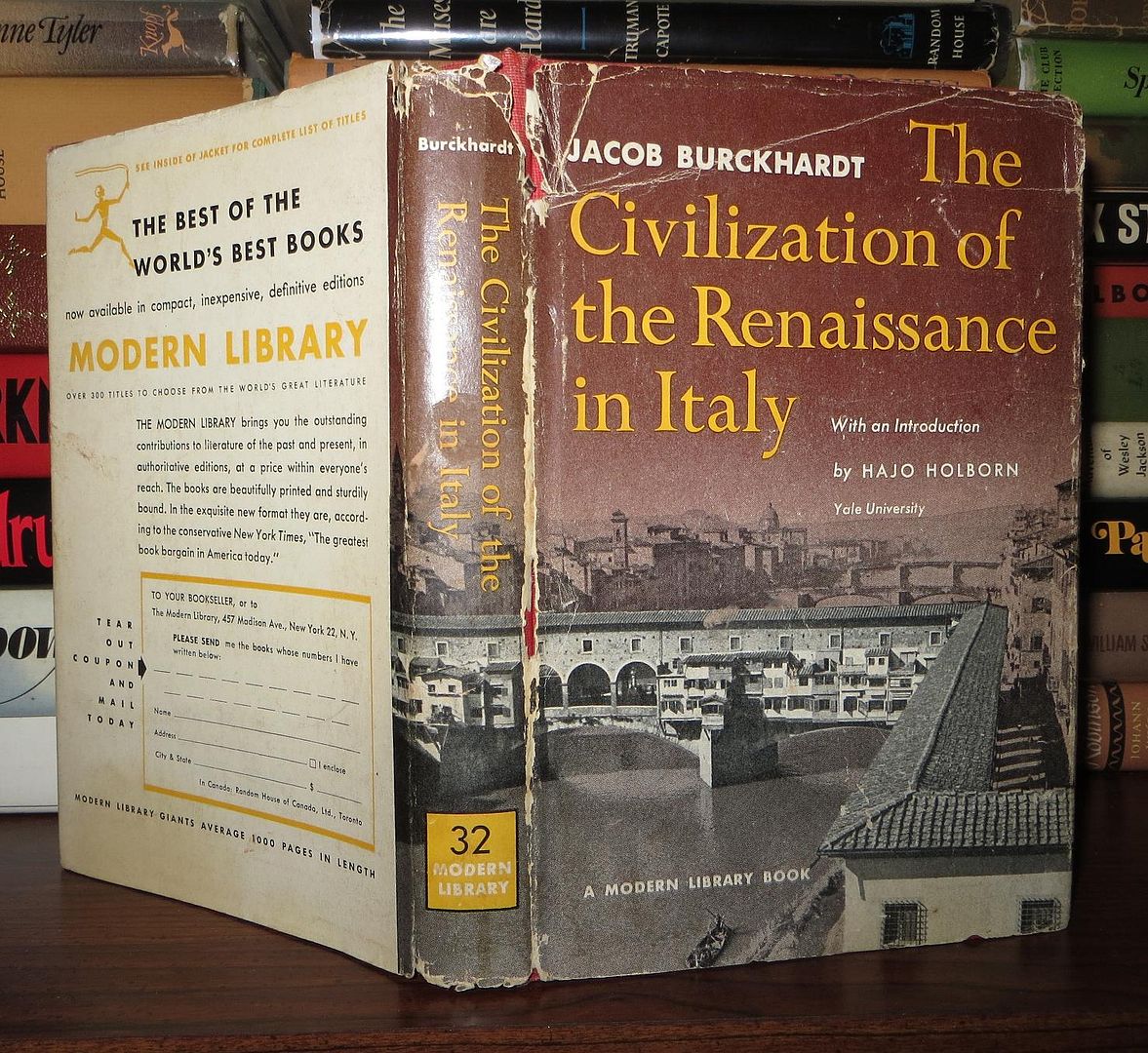 Somewhere between tuning the keyboard towards schools, cafes and tangents the size of Norway, I’ve mentioned that I study English literature at university (the proper course title is English, Journalism & Creative Writing, but that takes a lot of effort to say).
Somewhere between tuning the keyboard towards schools, cafes and tangents the size of Norway, I’ve mentioned that I study English literature at university (the proper course title is English, Journalism & Creative Writing, but that takes a lot of effort to say).
When I tell people what it is that I study, I can get a few different responses. There’s the Good-luck-getting-a-job face; there’s the equally probably lets-change-the-subject-before-my-insomnia-gets-cured body language. The best, rarest, reaction, though is when somebody asks if what I've been studying is any good.
If you fall into that last camp, this post is for you. Here, you’ll find a mini-review of six texts I’ve studied in the past two years - three that struck me as especially worthwhile; three I’d rather eat than reread. Just my opinions, obviously.
May your literary adventures be strong.
I’m cheating already. Why? Because I actually studied Anthropology in writing class, not literature. I know you’ll forgive me if you pick up, though. The book is a sparkling collection of flash fiction (short short stories) exploring aspects of love and relationships.
Put like that, it kind of sounds like a gushing mess, but most of the stories Rhodes has put together are way too sharp to ever be labelled ‘gooey’. Almost all the hundred-word escapades are bizarre, too - more likely to make you go ‘aaah’ than ‘oooh’. Look down to see what I mean.
See? Best of all, Anthropology is as cheap as they come. Buy this, you.
“Good”, said the lecturer “Because if you can read that book, you can handle really anything else we throw at you.”
It was a good point, but what a way to give it. Honing in on the lives of characters living under Ceaușescu’s Romania, Land of Green Plums is admittedly really clever. Annoyingly, though, it’s always striving to make sure you don’t forget how clever it is. The amount of symbolism crammed into each paragraph makes it hard enough to work out the main points of the story let alone how the band of merry metaphors fit in.
For sure, my reaction has been influenced by the fact the lecturer didn’t so much throw us in the deep end as bury us several meters under the pool. Maybe if I pick the book back up as I go further into the degree I’d enjoy it more, but for now it’s staying on the shelf to think very hard about what it’s done.
 A Renaissance play wherein a man sells his soul for twenty-four years of near-unlimited power. Sounds good, doesn't it? I’ll be even more blunt than that - Faustus is a text four centuries old and still manages to be more entertaining than Paranormal Activity Five will ever be.
A Renaissance play wherein a man sells his soul for twenty-four years of near-unlimited power. Sounds good, doesn't it? I’ll be even more blunt than that - Faustus is a text four centuries old and still manages to be more entertaining than Paranormal Activity Five will ever be.
In another blog, I talked about Faustus consuming my life as I neared exams. A month or so after that post, I saw got the chance to see the play being performed. Though I knew the whole thing back to front, Marlowe's play - or at least what we have of it - still managed to keep me rapt all the way through (apart from when the theatre decided to replace a couple of scenes with their own. That was scary for other reasons).
 I bought this one on audiobook so I could listen to it while doing other things. I was still bored enough by the end to consider strangling myself with my earphones.
I bought this one on audiobook so I could listen to it while doing other things. I was still bored enough by the end to consider strangling myself with my earphones.
For those who don’t know, the novel tells the story of a man - no prizes for guessing his name - who goes and gets himself stranded on a desert island for a decade or three. I know Robinson Crusoe is considered a classic, up there with all the other behemoths of literature, but I just can’t get past how much of the book is made up of useless lists and details. They run all the way through. To me, the Sparknotes summary is actually a far more compelling read.
And it only gets worse as the super-specific story goes on. Even after Crusoe actually manages to get himself back to mainland alive and kicking, only now with a handy sidekick/slave, Defoe keeps the monolithic paragraphs rolling for another forty pages give the ending of Lord of the Rings a run for its money in the it-should-have-ended-ages-ago competition. At the ending of the book, then, Defoe treats the reader to a thorough view of Crusoe’s bank details.
I’m not a fan.
In other news, J.M Coetzee’s ‘Foe’, a retelling of the Crusoe story with Coetzee’s own preoccupations mixed in, is well worth reading.
 Many seem to think most novels can be swept into two categories. On one side we have LITERATURE, where you’ll find clever books being meaningful but rarely any fun.
Many seem to think most novels can be swept into two categories. On one side we have LITERATURE, where you’ll find clever books being meaningful but rarely any fun.
On the other hand we have literature, lower case, where you’ll have a fun ride but won’t really remember anything about it after finishing it. The idea goes that you should read LITERATURE, but you want to read literature. LITERATURE is like being at a formal dinner; literature is like being at a barbeque.
This whole way of thinking suffers from one key disadvantage - It’s wrong, and Vonnegut’s Slaughterhouse Five, on its own, is enough to blow it apart. Within a story about a WWII prisoner of war who gets abducted by aliens (what) and time-travels apathetically through his own life, the novel bats around questions of meaning, free will and heroism better than anything else I've read.
As a novel, it’d show up to LITERATURE's formal dinner wearing shorts and a t-shirt that said ‘pull my finger’. It's fantastic.
 For the third time, I’ve got to admit I’ve referenced what I’m about to talk about already in another post. Maybe I’m running out of material, maybe I’m running out of bad jokes (I know a few who’d say the well dried up on the good ones a while back, hey-hey). Still, if you’d try and read this book, you’d know Burckhardt is worth a second round.
For the third time, I’ve got to admit I’ve referenced what I’m about to talk about already in another post. Maybe I’m running out of material, maybe I’m running out of bad jokes (I know a few who’d say the well dried up on the good ones a while back, hey-hey). Still, if you’d try and read this book, you’d know Burckhardt is worth a second round.
The Civilisation of the Renaissance in Italy is a 19th century German work that talks about 14-16th century Italy, and, like the other two texts I’ve sent packing back to the publishers, this one - within the rather niche field that exists in - is seen as a groundbreaking piece of work. Scanning the blurb last summer, I was actually looking forward to getting stuck. That excitement lasted to maybe half-way down page four.
It’s just really, really boring. It’s not that the words are difficult or the content is hard to swallow. It’s just dull. To give an example, selected at random:
In the great Federigo (1444-1482), whether he were a genuine Montefeltro or not, Urbino possessed a brilliant representative of the princely order. As a Condottiere he shared the political morality of soldiers of fortune, a morality of which the fault does not rest with them alone; as ruler of his little territory he adopted the plan of spending at home the money he had earned abroad, and taxing his people as lightly as possible. Of him and his two successors, Guidobaldo and Francesco Maria, we read: ’They erected buildings, furthered the cultivation of the land, lived at home, and gave employment to a large number of people: their subjects loved them.’
See? I kept catching myself rereading the same paragraph two or three times just because my brain kept flicking off.. As far as I know, I was the only one in the class who struggled to the end, but I can’t see myself picking it up again unless I’m short of kindling.
If you're wondering, since my last post I’ve been reading/playing/watching:
The Shining by Stephen King
Live and Let Die by Ian Fleming
Deadhouse Gates by Steven Erikson

No comments:
Post a Comment